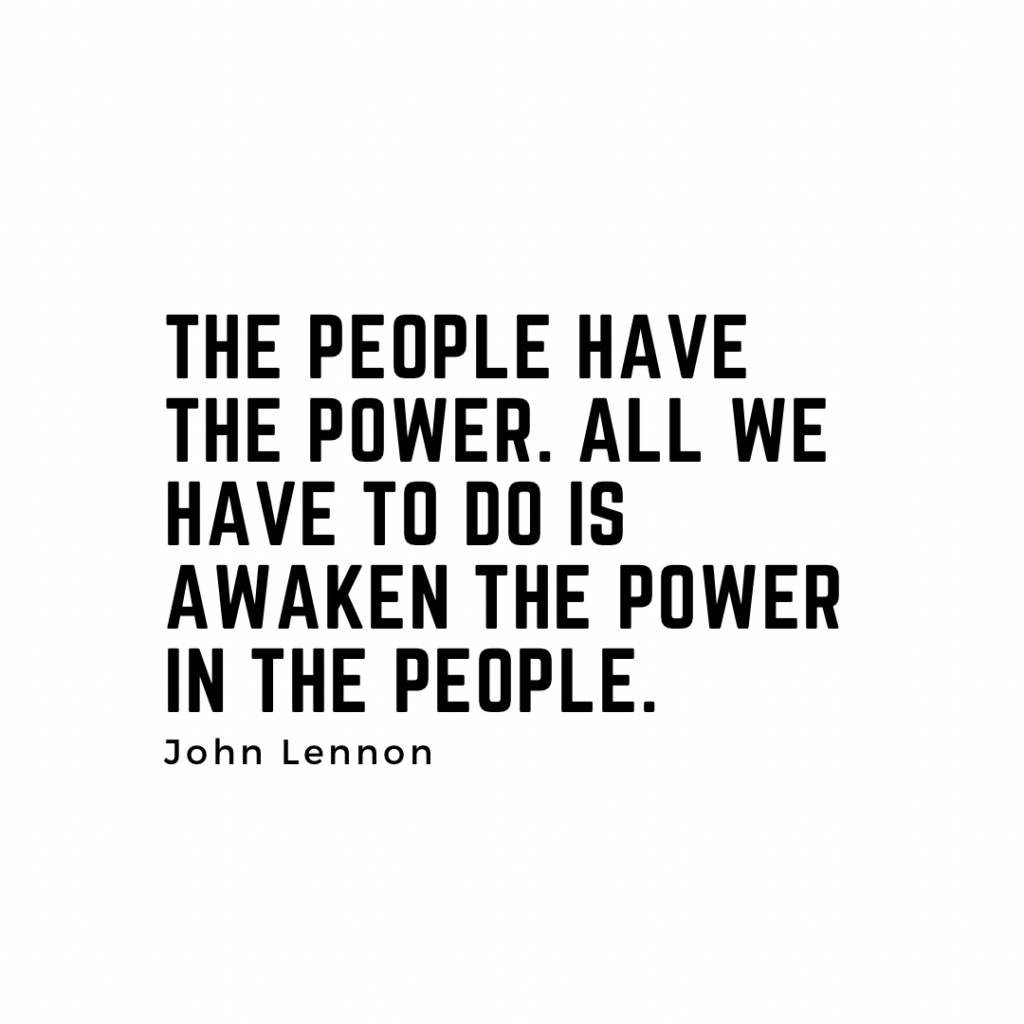If you can’t explain it simply, you don’t know it well enough.
– Albert Einstein –
A common understanding of empowerment in business is that decisions are delegated from managers to their teams, in the hopes that the experts will make better decisions faster.
Moreover, it is expected that teams will enjoy the autonomy and freedom to make decisions without any guidance or oversight, while managers can devote more time to other activities.
So far, so good, so fairytale!

Empowerment is an ongoing process. If teams do not have the time and proper training to be prepared for this, they may become insecure as they may feel unprepared or unqualified to take on the new responsibilities. They may be afraid to make mistakes and may be concerned about not being able to meet expectations. There may also be worries as to how this newfound responsibility affects the relationships with colleagues. All in all, there is a lot of pressure on the team, resulting in lower performance and negative effects on well-being.
🔹Understand that empowerment starts with enabling. Provide training and relevant information to your team.
🔹Define roles and responsibilities to get a clear picture of what is required for this role.
🔹Give guidance by communicating your expectations in every detail and explaining how they can be met.
🔹Ask what your team expects from you
🔹Provide feedback often and be open to receiving feedback in return
🔹Be trustworthy
🔹Communicate often and open
🔹Bring awareness to each progress and appreciate it
🔹 Support your team in their needs and be ok with mistakes that are made along the way
The process of empowerment takes a lot of time, patience, and constant effort and if done properly you will be rewarded with the benefits of empowerment, while your team is valued and supported.